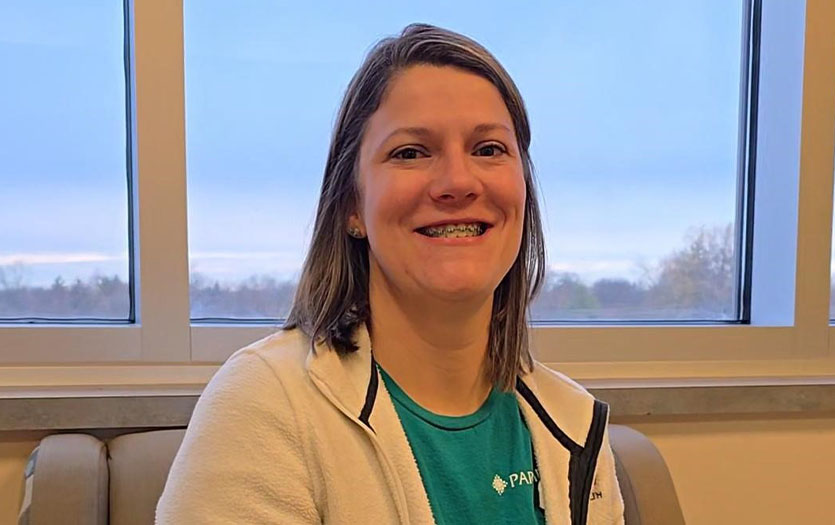Loneliness is a universal emotion that often occurs during significant life transitions. If you have experienced the loss of a loved one, reduced mobility and independence, family and friends moving away or simply living alone, it may not surprise you to learn that these situations often cause feelings of loneliness among older adults.
It is important to recognize when you or a loved one feels lonely because loneliness can lead to poor health, including high blood pressure and an increased risk of depression, heart attack and stroke. Simply having or providing company is not enough. People need to feel connected to, and valued by, close family and friends.
Here are some healthy strategies to help you or your loved one overcome loneliness:
Make an effort to meet new people
Meeting new people can be adventurous, exciting, and certainly worthwhile. Organize a neighborhood get-together or make new friends at your place of worship, community senior clubs travel clubs or civic organizations. You can learn something new or discover new opportunities by talking to, and interacting with, others – even if it’s your neighbor.
Making new connections can also lead to lasting friendships. Although it can take time for those to develop, be patient and get out there, because the payoff could be rewarding. When you see an opportunity to meet someone new, introduce yourself.
Volunteer your time
Volunteers can positively impact the health and well-being of their community. You can serve as a tutor or mentor to a young student, collect tickets at performing arts events or help your local animal shelter care for four-legged friends, for example. Volunteering is a great way to help others and make new friends.
Parkview is always looking for new volunteers. Learn more about volunteer opportunities at Parkview Health.
Learn a new hobby or reconnect with past interests
Learning a new hobby can stimulate your mind and help keep you motivated. Maybe you’ve let go of activities you loved earlier in life and it’s time to take them up again. Many hobbies can be shared with others, even when you have mobility challenges. For example, you can join a book club and share your thoughts on the latest best-selling novel with other avid readers. You could also take crafting and scrapbooking classes at your local fabric and craft store.
Adopt a pet
Caring for a pet can be a great healing opportunity for someone who feels lonely. Pets love unconditionally and can provide loyalty and friendship. Caring for a pet can renew meaning and purpose in your life, and research shows the uplifting influence of interacting with pets can improve your physical and mental health.
If you feel you can properly care for a pet, consider visiting your local animal shelter to adopt a cat or dog in need:
- Allen County SPCA
- City of Fort Wayne Animal Care and Control
If you’re not ready to care for a pet but love animals, you could volunteer at HOPE for Animals, a local low-cost spay/neuter and wellness clinic.
Take advantage of home visitation services
Meeting people can be particularly difficult if you're homebound. You can call Aging & In-home Services of Northeast Indiana or a place of worship to inquire about home visitation services.
Look out for depression
Loneliness can lead to depression. Depression is generally felt over a period of time and is accompanied by feelings of hopelessness, inadequacy, helplessness, changes in appetite and sadness.
Reach out if you think you or your loved one is experiencing signs of depression. Talking with a friend, family member, worship leader, counselor or healthcare provider can help you feel better, physically and emotionally. If you’re employed, your company may provide an employee assistance program (EAP). EAP counselors can help you with a variety of social and emotional difficulties.
Parkview Behavioral Health can also help in time of need if you or your loved one is seriously depressed. Call the Help Line at (260) 373-7500 or (800) 284-8439 anytime, 24 hours a day. Our dedicated assessment specialists can answer your questions, provide recommendations and offer referrals to other agencies where you can receive help or help others.



